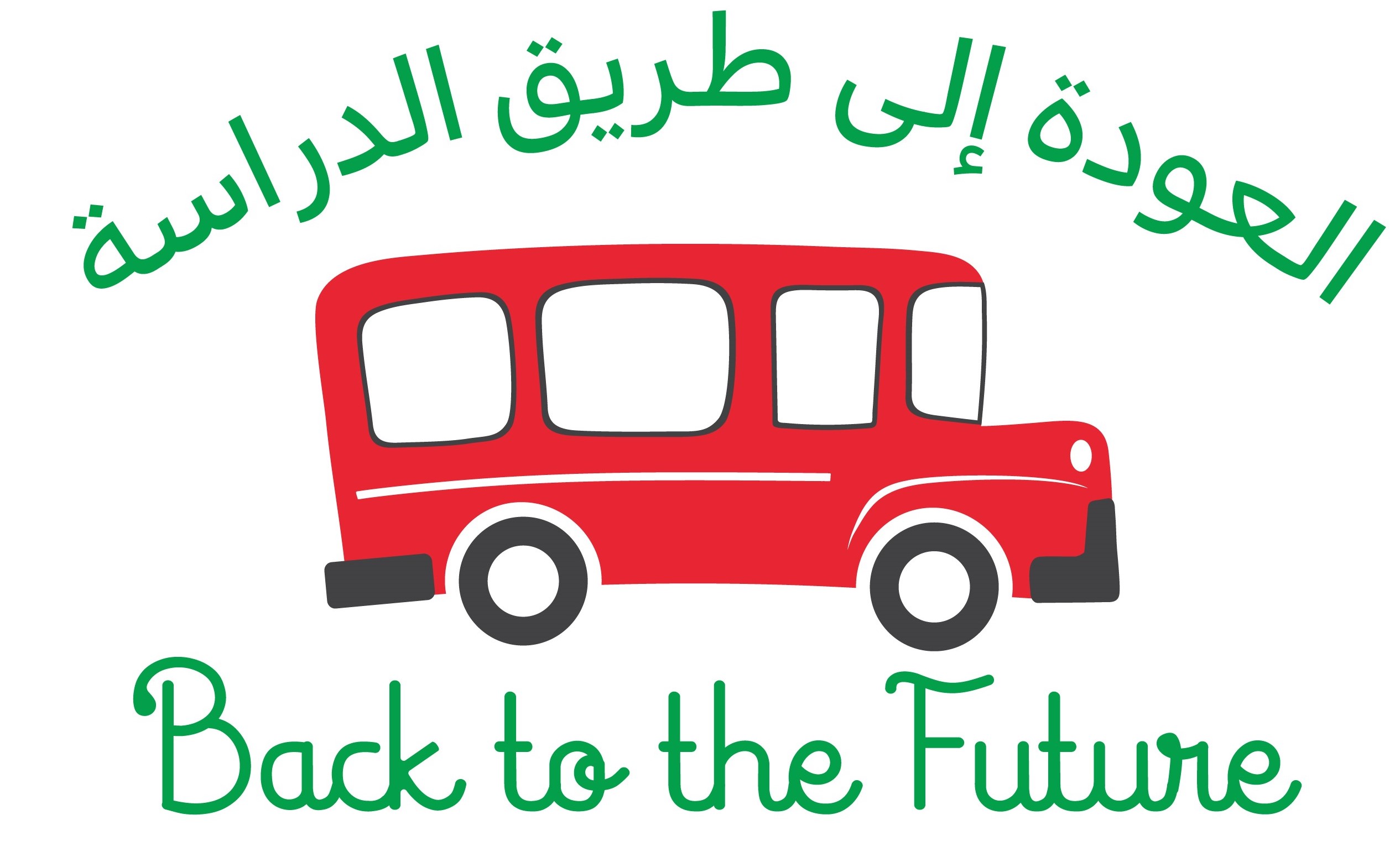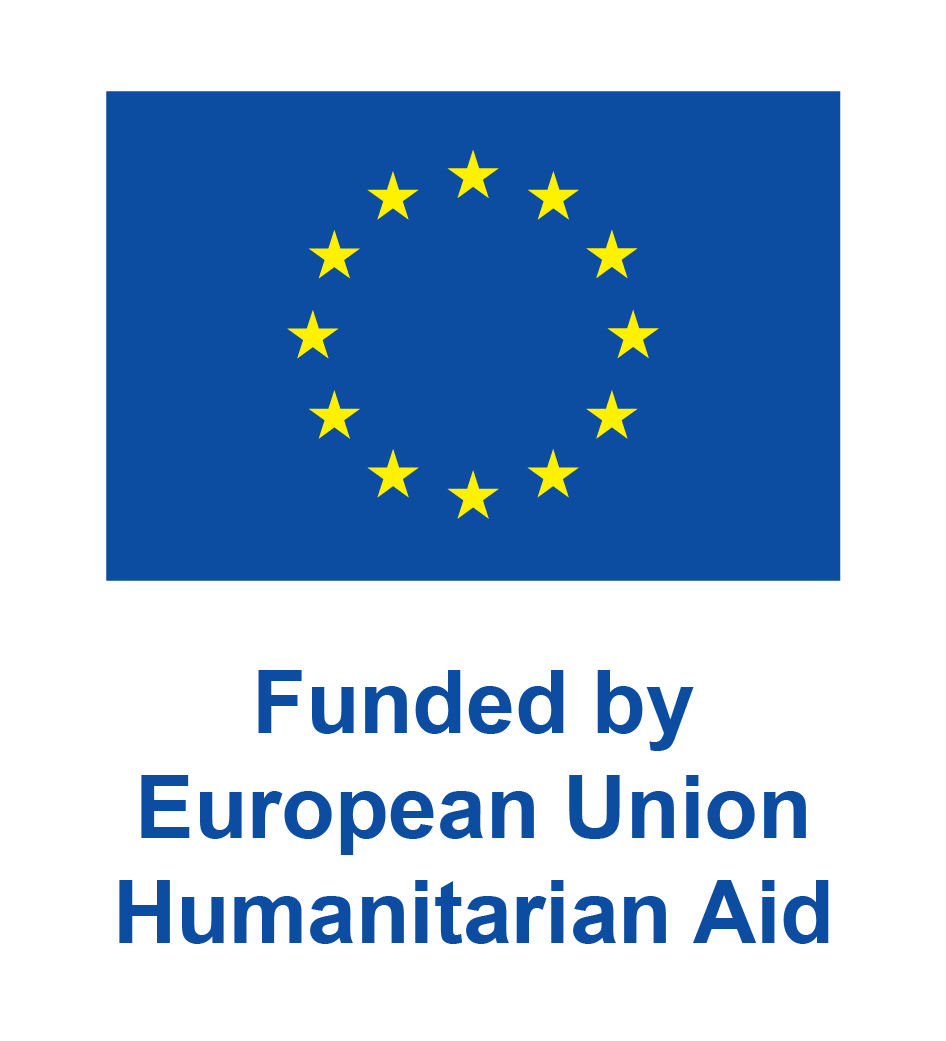Back to the Future I: looking back on 2,5 years of education for Syrian refugee children in Lebanon and Jordan
August 2019 – The start of the summer also marks the end of the 30 months Back to the Future program in Lebanon and Jordan. In a Q&A with Nika Farnworth (Area Manager Lebanon, Terre des Hommes Italy) we are looking back on the successes and challenges of three years of Back to the Future in Lebanon.
If you look back on the last three years of Back to the Future, what have been the greatest lessons you have learned?
‘Lebanese media reports can sometimes suggest that assistance is only organized for Syrian children. However, we also work for and with Lebanese children and public schools to provide remedial education, snacks and transportation to ensure that everyone can participate fully in learning. It is important for both Syrian and Lebanese children that the entire community is involved in education.
We talk to parents about how important their role is in encouraging their child to go to school. Together with teachers, our centre staff and school principals we organize all kinds of activities to keep the number of school leavers low. Local authorities recognize us as a local non-formal education provider and help us find children and families who need our help.
What I want to say is, if everyone is involved in education, then it becomes clear why it should be available for every child. Our education program is truly supported by the entire community – this makes it a sustainable solution for the long term.’
What has been your biggest challenge for this project in Lebanon and how have you dealt with it?
‘Education has many obstacles in Lebanon. There are people who cannot read or write. Families have no money to send their child to school. Many children have had a difficult start in life or have learning needs which make it harder for them to concentrate in class. It is important for us to take all these aspects into account. We offer support to families, organize activities for children to give them more self-confidence and we train teachers in developing their own teaching style. In this way we contribute to the general well-being of children and their families.’
What keeps you awake at night when you think of everything that has happened to these children? And what gives you the most energy?
‘There are two things that I am constantly concerned about. In the first place I think of all the children for whom it is difficult to go to school. In that respect there is still so much work that we can do. Secondly, the public education system in Lebanon has been overloaded for many years. At the moment there are too few school places and teachers to teach all children. The unstable and uncertain situation does not make things any easier. Fortunately, when I visit our classes, I see with my own eyes the change that we have already created. I see a lot of improvement in the presentation and self-confidence of the children, their parents and the schools. That is great to see!’
What are the important aspects that civil society organizations should take into account when organizing education for refugee children?
‘The national context is very important and also the starting point. We not only ensure that our work meets the legal requirements, but also that the planning is in line with the school year and government initiatives. In addition, it is necessary to look beyond simply providing educational support. We constantly analyze the general needs of the refugees and their host community to ensure that no one is disadvantaged or prioritized. A good coordination structure is also essential. That way we can best help everyone on all fronts.’
What is your favorite memory of Lebanon? Can you explain why that experience has made such an impact on you?
‘Oops, that’s a difficult question. I actually have multiple beautiful memories! But if I have to choose one, I am thinking of the performance of a group of children at an event that we had organized at the end of a lesson block. You have to imagine that two months before, those children didn’t even dare to look into your eyes. At that time, they stood in full confidence with two hundred people! The whole village came to see them; Syrian and Lebanese parents, the mayor, teachers, bus drivers, local entrepreneurs, neighbors, you name it. This once again confirmed how education plays an important role in maintaining an entire community. People from different backgrounds came together based on their shared belief that education has a positive impact on people’s lives, and that, of course, is exactly what we want to achieve as an organization.’

